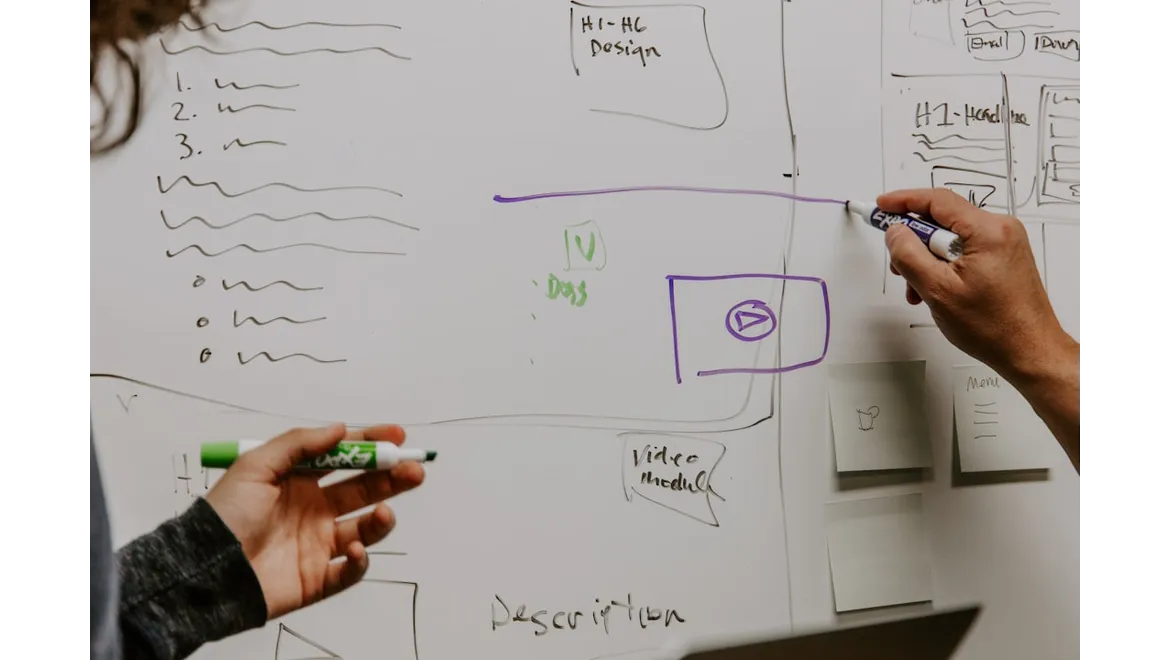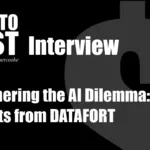As artificial intelligence (AI) innovation surges, an increasing number of companies are appointing Chief AI Officers (CAIOs) to capitalize on AI’s commercial advantages. However, the escalating sophistication of cyber-attacks, including those leveraging deepfake technology, reveals the inadequacy of traditional security measures. Paul Holland, CEO and founder of Beyond Encryption, emphasizes the crucial need for a strategic shift in the CAIO role to encompass robust security measures.
The prominence of CAIOs within executive suites is largely driven by the desire to harness AI’s benefits and remain at the forefront of technological innovation. Traditionally, this role has been commercially oriented, focusing on the development and implementation of AI strategies to drive innovation, enhance business operations, and maintain competitive advantages. While this commercial focus is important, it often overlooks the necessary security perspective, leaving organizations vulnerable to sophisticated AI-driven cyber threats.
In the current landscape, businesses worldwide are experiencing increasingly advanced cyber-attacks, many of which are powered by AI. Traditional security measures are proving insufficient to combat these threats. The CAIO role, therefore, has the potential to not only implement AI solutions that streamline operations and boost profitability but also to lead an advanced cybersecurity strategy. This strategy would facilitate the detection and prevention of AI-driven threats, ensuring a more comprehensive approach to organizational security.
For many CEOs, AI remains a buzzword, leading to a rush in appointing CAIOs to ride the wave of hype. However, this often results in unnecessary expansion of the C-suite without substantial benefit. Companies should not dismiss the value of a dedicated digital expert in their executive team, provided they are guided correctly. A well-steered CAIO can ensure that businesses remain at the cutting edge of technological advancements and are plugged into critical insights necessary for board-level leadership to implement AI best practices. A recent report highlighted that three-quarters of employees are using AI at work in some capacity, underscoring the deep integration of AI across all business sectors.
Understanding the elevated risks associated with greater access to AI is vital. A CAIO can establish stronger security frameworks and resilient operations to combat potential threats. By aligning with the board and collaborating with Chief Information Security Officers (CISOs), a CAIO can integrate AI-driven security measures to protect against emerging threats, thereby ensuring a balanced approach to innovation and security.
Businesses face an escalating number of cyber threats and are often unprepared for the consequences. Having AI expertise in the boardroom facilitates informed decision-making regarding AI-related risks. A CAIO can influence budget allocations towards cybersecurity, mandate employee training programs, and proactively secure the company’s digital infrastructure. This dual focus on innovation and security equips employees to navigate and leverage AI technologies correctly, ensuring resilient operations and advanced cybersecurity strategies.
Furthermore, CAIOs can play a pivotal role in identifying and mitigating potential vulnerabilities within AI systems. They are responsible for ensuring that AI algorithms and models are robust, transparent, and free from exploitable biases. This entails regular audits and updates to AI protocols to stay ahead of evolving cyber threats, ensuring that the AI systems themselves do not become points of vulnerability.
In the event of a cyber crisis, a CAIO can coordinate a swift and effective response, minimizing potential damage and strategizing for recovery. By deploying AI tools that detect and flag breaches, CAIOs can utilize predictive analytics to navigate the threat landscape, mitigating current threats and accurately identifying future risks. This proactive approach enables the implementation of pre-emptive measures to protect a business’s data and assets.
To facilitate this process seamlessly, CAIOs will be instrumental in fostering a culture of continuous learning and adaptation within the organization. By implementing comprehensive training programs, CAIOs can ensure that all employees, from the C-suite to the operational level, are well-versed in the latest AI developments and cybersecurity practices. This holistic approach strengthens the organization’s defenses and empowers employees to utilize AI technologies safely and effectively.
Concerns over the ethical standards of AI are growing, with industry giants like OpenAI and Microsoft already facing legal challenges related to IP and copyright infringements. A CAIO can safeguard a company’s reputation and maintain public trust by managing expectations and ensuring consumer privacy is not compromised. By monitoring AI integration into corporate strategy, a CAIO ensures the company’s use of AI is transparent, responsible, and aligned with shareholder interests. This not only enhances the company’s market position but also boosts shareholder confidence by demonstrating a commitment to ethical AI practices.
As AI continues to transform industries, the expertise and leadership of a CAIO are indispensable. They harness AI’s benefits while mitigating its risks, shape digital transformation strategies, coordinate crisis responses, and safeguard shareholder confidence. By bringing specialized knowledge to the executive suite, a CAIO ensures that AI is leveraged responsibly and effectively, future-proofing the organization against the complexities of the digital age.










